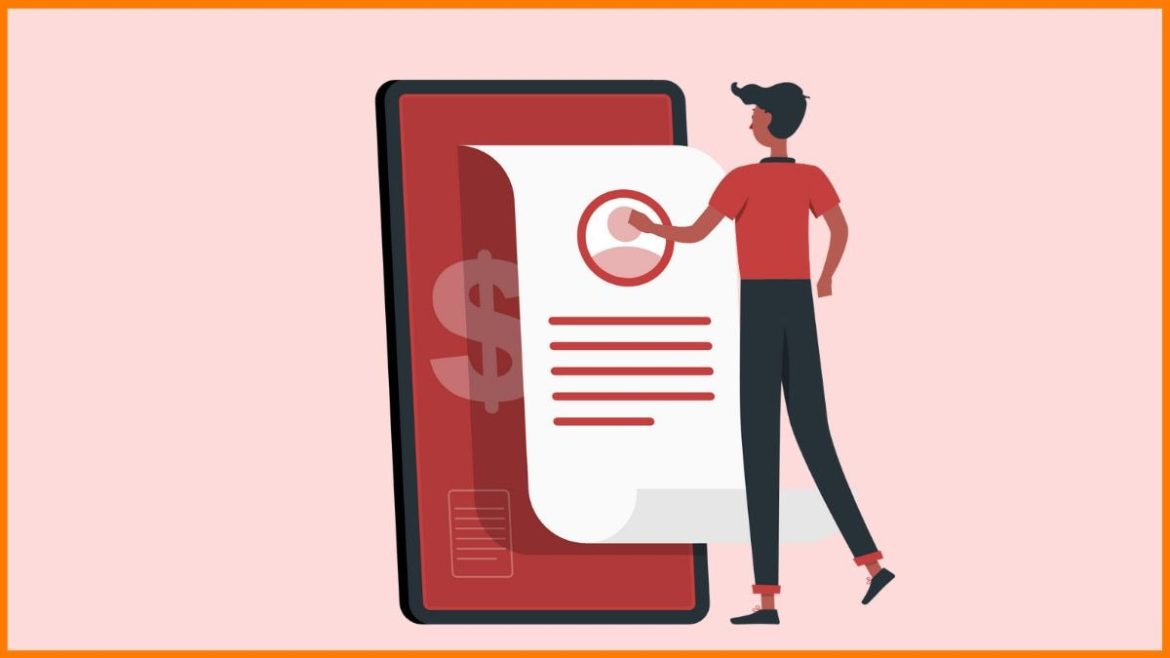In the dynamic world of e-commerce, businesses are continually innovating to meet the evolving needs and preferences of consumers. One such innovation that has gained significant traction in recent years is the subscription-based business model. This article explores the phenomenon of subscription-based e-commerce, its growth drivers, benefits for businesses and consumers, and key considerations for those looking to venture into this market.
Understanding the Subscription-Based Business Model
What is a Subscription-Based Business Model?
A subscription-based business model involves offering products or services to customers on a recurring basis, typically through monthly or annual subscriptions. Instead of making one-time purchases, customers commit to ongoing payments in exchange for access to a range of benefits, such as products, exclusive content, or services.
Examples of Subscription-Based E-Commerce
- Subscription Boxes: Companies like Birchbox and Blue Apron curate and deliver boxes of beauty products or meal ingredients to subscribers on a regular schedule.
- Streaming Services: Platforms like Netflix and Spotify offer content on a subscription basis, allowing users to access a vast library of movies, TV shows, or music for a monthly fee.
- Software as a Service (SaaS): Businesses often subscribe to SaaS applications like Microsoft 365 or Salesforce, paying a recurring fee for software access and updates.
The Growth Drivers of Subscription-Based E-Commerce
1. Convenience and Personalization
Subscription models offer consumers the convenience of regularly receiving products or services tailored to their preferences. This personalization enhances the customer experience and fosters loyalty.
2. Predictable Revenue Streams
For businesses, subscription models provide predictable and recurring revenue streams. This stability can facilitate better financial planning and growth strategies.
3. Data-Driven Insights
Subscription-based businesses collect valuable data on customer preferences and behaviors, allowing them to refine their offerings and marketing strategies.
Benefits for Businesses
1. Customer Retention
Subscribers tend to stick with a service, leading to higher customer retention rates compared to traditional one-off sales.
2. Upselling and Cross-Selling
Businesses can upsell or cross-sell additional products or services to existing subscribers, increasing their average revenue per customer.
3. Enhanced Brand Loyalty
Subscribers often develop a sense of loyalty to the brand, fostering long-term relationships that can translate into word-of-mouth referrals.
Benefits for Consumers
1. Cost Savings
In many cases, subscription models offer cost savings compared to purchasing products or services individually.
2. Convenience
Consumers appreciate the convenience of having products or content delivered regularly without the need for repeated ordering.
3. Access to Exclusive Content
Subscription services often grant users access to exclusive content, whether it’s streaming TV shows, premium articles, or members-only discounts.
Key Considerations for Businesses
1. Customer Acquisition Costs
Acquiring subscribers can be costly. Businesses need to carefully manage their marketing budgets to ensure a positive return on investment.
2. Churn Rate
Managing customer churn, or the rate at which subscribers cancel, is crucial. Offering value and continuously improving offerings can help reduce churn.
3. Pricing Strategies
Setting the right pricing structure is essential. Businesses should analyze their costs, market competition, and customer willingness to pay.
The Future of Subscription-Based E-Commerce
As the subscription e-commerce market continues to grow, innovation will be key to staying competitive. The future may see:
1. Bundled Subscriptions
Businesses may bundle products or services from different categories to provide even more value to subscribers.
2. Sustainability Initiatives
Sustainability-focused subscription services, offering eco-friendly products or carbon-neutral options, are likely to gain popularity.
3. AI-Driven Personalization
Advanced artificial intelligence algorithms will enable highly personalized subscription recommendations, further enhancing customer satisfaction.
Conclusion
The rise of subscription-based business models in e-commerce represents a fundamental shift in how consumers access and pay for products and services. For businesses willing to adapt to this changing landscape, the subscription model offers a wealth of opportunities for customer engagement, recurring revenue, and long-term success. However, it’s essential to navigate the complexities of customer acquisition, retention, and pricing effectively to thrive in the subscription-based e-commerce space.
